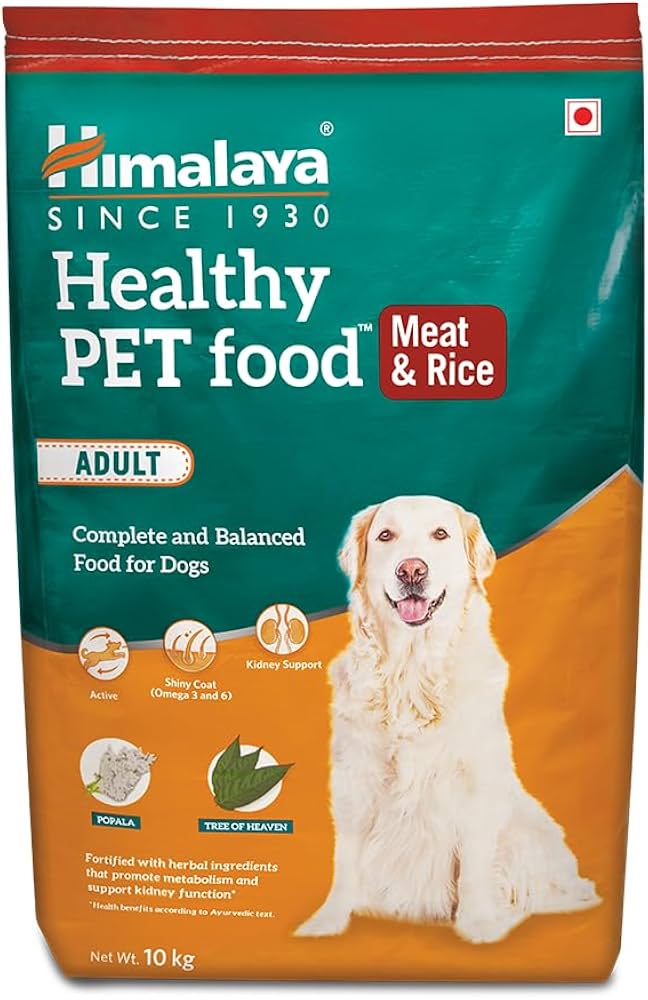The liver is a vital organ, often described as the powerhouse of a dog’s body due to its myriad of functions. When liver health is compromised, the effects can be far-reaching. Fortunately, incorporating certain wholefoods into your dog’s diet can proactively support this crucial organ. This article explores beneficial foods that contribute to a healthy canine liver, emphasizing prevention and the power of nutrition.
The Role of Nutrition in Canine Liver Health
The liver performs numerous critical tasks, and its well-being is essential for overall canine health. Ensuring your dog receives adequate nutrients through their diet can significantly impact their liver’s ability to function optimally.
1. Blueberries: Antioxidant Powerhouses
Oxidative stress, an imbalance between free radicals and antioxidants in the body, is a common underlying factor in many chronic liver diseases. Antioxidants play a crucial role in neutralizing these harmful free radicals, thereby protecting the liver. Blueberries are particularly rich in anthocyanins, potent antioxidants that have been shown to shield the liver from oxidative damage. Studies on rats have indicated that these protective compounds can slow the development of scar tissue in the liver, potentially aiding in the prevention of hepatic fibrosis. Other antioxidant-rich fruits that can benefit your dog include cranberries, raspberries, strawberries, mango, watermelon, and blackberries.
2. Leafy Green Vegetables: Detoxification Support
Leafy green vegetables such as kale and spinach offer a broad spectrum of nutrients and health advantages, including the ability to enhance the liver’s natural detoxification enzymes. Detoxification is a multi-phase process, and having robust detoxification pathways is crucial for managing your dog’s overall toxic load.
- Phase I and II focus on breaking down toxins within the body.
- Phase III is responsible for excreting these processed toxins.
For these phases to function optimally, a sufficient intake of essential vitamins and minerals is required. Leafy greens are excellent sources of vitamins A, C, K, and various B vitamins, including folate (B9), as well as minerals like calcium, iron, magnesium, manganese, and potassium. They also provide fiber and antioxidant phytonutrients such as beta-carotene, lutein, and zeaxanthin. Explore essential fats for your dog’s diet to further support their well-being.
3. Fatty Fish: Omega-3 Fatty Acids for Inflammation Management
Regular consumption of fatty fish like mackerel, tuna, and sardines, which are rich in omega-3 fatty acids, can help manage inflammation throughout the body. Inflammation is a natural defense mechanism, but when it becomes chronic, it can lead to tissue damage, including in the liver.
Chronic inflammation occurs when the inflammatory response, intended to heal, becomes a persistent problem, continuously signaling for help and potentially damaging healthy tissues. Omega-3 fatty acids are crucial in balancing the omega-6 to omega-3 fatty acid ratio, as many commercial dog foods tend to be higher in omega-6. Omega-3s work by inhibiting cyclooxygenase (COX) enzymes, which are involved in producing prostaglandins that trigger inflammation, similar to how NSAIDs function. Incorporating omega-3s benefits your dog’s entire body, not just their liver.
4. Eggs: A Source of Choline
Eggs are a valuable source of choline, a nutrient particularly beneficial for liver health. In the liver, choline is converted into phosphatidylcholine, a compound that aids in the production of fat-carrying proteins and the breakdown of cholesterol. Deficiencies in choline have been directly linked to liver disease. While eggs are a good source, choline can also be found in beef, beef liver, chicken, fish, shiitake mushrooms, and cruciferous vegetables like broccoli and Brussels sprouts.
Supporting Liver Disease Management
If you are concerned about your dog’s liver health or wish to learn more about managing liver disease through diet, foods to feed in liver disease is a valuable resource. Additionally, understanding natural approaches to liver disease in pets can provide further insights.
Conclusion: Proactive Care for a Healthy Liver
Prioritizing your dog’s liver health through a nutrient-rich diet is a proactive approach to their overall well-being. By incorporating foods like blueberries, leafy greens, fatty fish, and eggs, you can provide essential support for your dog’s liver function and resilience.
Disclaimer: This article provides general information and does not constitute veterinary advice. Always consult with a qualified veterinarian regarding your pet’s specific health concerns and dietary needs.

